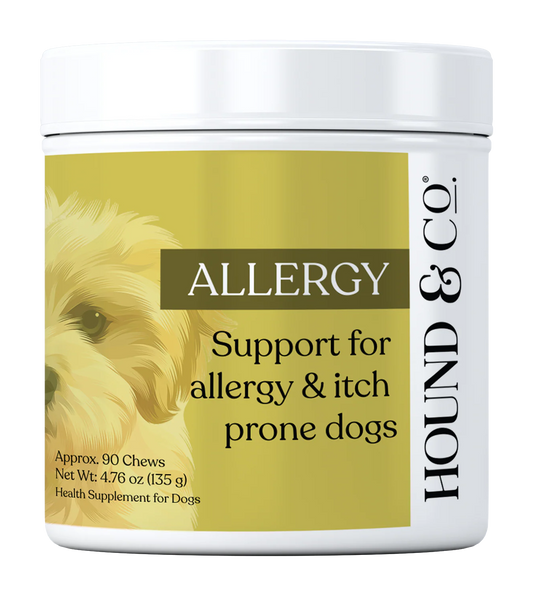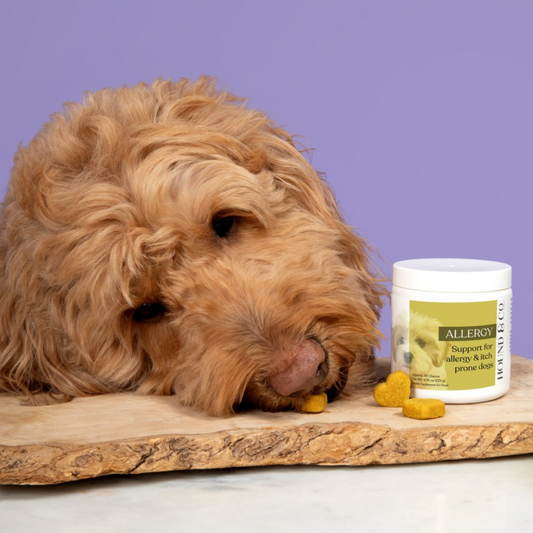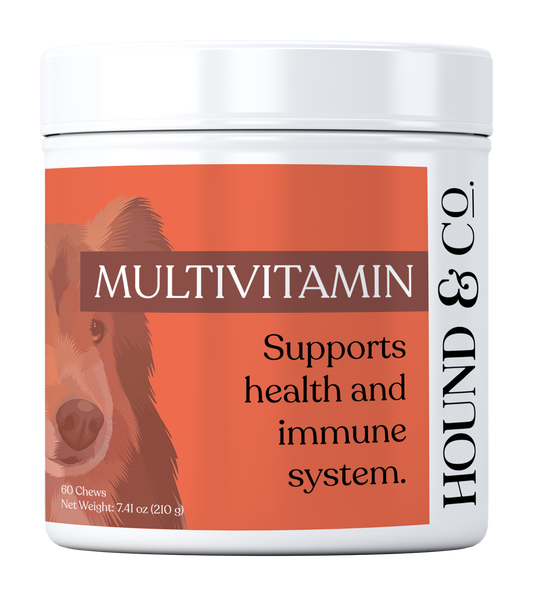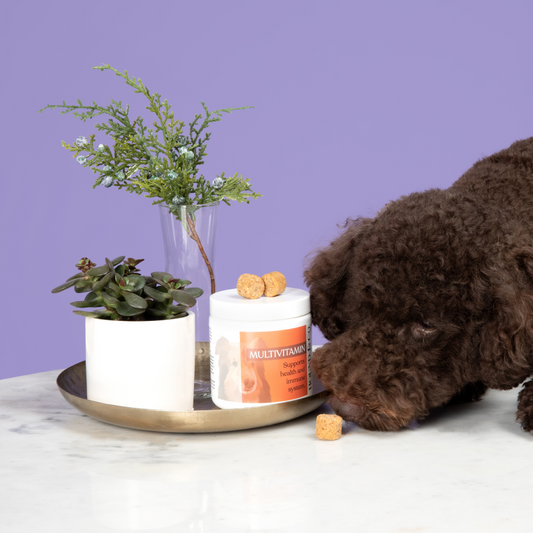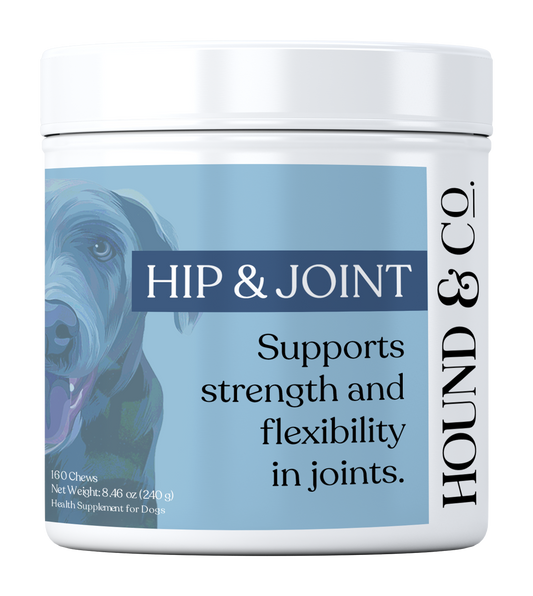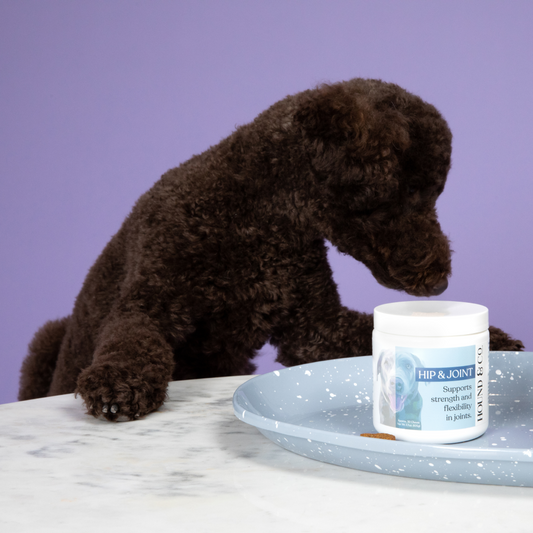What Your Dog’s Itching Might Really Be Telling You

Vet Reviewed by Dr. Jacob Klos, DVM

Constant itching in dogs isn’t always about fleas. Learn five deeper causes behind your dog’s scratching and what to do next.
Understanding the Root Causes of Dog Itching
Itchy dogs are a common sight in vet offices—but treating the itch without addressing the cause often leads to temporary relief, not long-term results. If your pup is constantly scratching, biting their paws, or licking their belly, it might be their way of telling you something more serious is going on.
5 Common (but Overlooked) Causes of Chronic Itching
1. Environmental Allergies
Things like pollen, grass, mold, and dust mites can all trigger inflammation in your dog’s skin and immune system. If the itching gets worse during certain seasons or after time outside, this may be the cause.
2. Food Sensitivities
Dogs can develop sensitivities to ingredients like chicken, beef, wheat, or dairy. These food reactions often show up as itching, particularly on the paws, ears, and belly, along with possible digestive issues.
3. Gut Imbalance (Dysbiosis)
When your dog’s gut microbiome is out of balance, it can lead to systemic inflammation that shows up on the skin. A dog with ongoing itchiness, bloating, or irregular stools may need probiotic support or a dietary reset.
4. Fleas and Flea Allergy Dermatitis
Even if you don’t see fleas, a single bite can cause days of intense itching in sensitive dogs. If the itching is focused near the tail base or hind legs, this may be the culprit—especially in warmer months.
5. Stress or Anxiety
Compulsive licking or scratching can also be behavioral. Dogs under stress may soothe themselves by licking one spot repeatedly, which can lead to skin damage over time. Consider changes in their environment, schedule, or energy levels.
When to See Your Vet
It’s time to schedule a vet visit if your dog’s itching is:
- Worsening over time
- Accompanied by hair loss, redness, or open sores
- Leading to ear infections or frequent licking of the paws
- Not improving with over-the-counter treatments
Testing for allergens, infections, or dietary triggers can help get to the root of the issue—and start the right treatment plan sooner.
How to Support an Itchy Dog at Home
While you work toward a diagnosis, there are simple ways to help soothe your dog’s skin and reduce inflammation:
- Bathe with a hypoallergenic or oatmeal-based shampoo (no harsh perfumes)
- Wipe paws after walks to remove outdoor allergens
- Use a daily probiotic to support gut and immune health
- Try an omega-3 supplement or skin-supporting chew
Just like humans, dogs do best when their internal and external environments are balanced.
Final Thoughts
Itching isn’t just a skin-deep issue. It’s often your dog’s way of signaling that something’s off—from food and environment to stress and gut health. The more tuned in you are to the patterns, the sooner you can intervene—and the better your dog will feel.
If your dog is scratching more than usual, don’t just assume it’s fleas. Their body might be trying to tell you something important.







